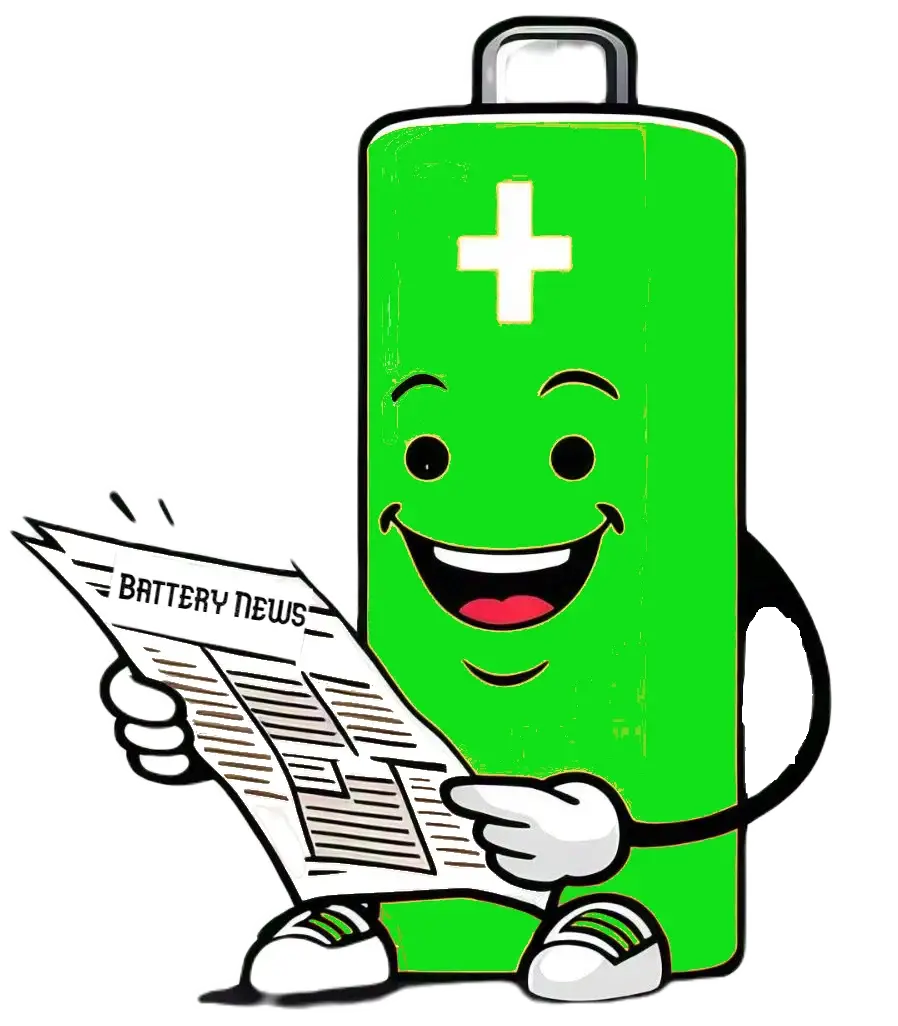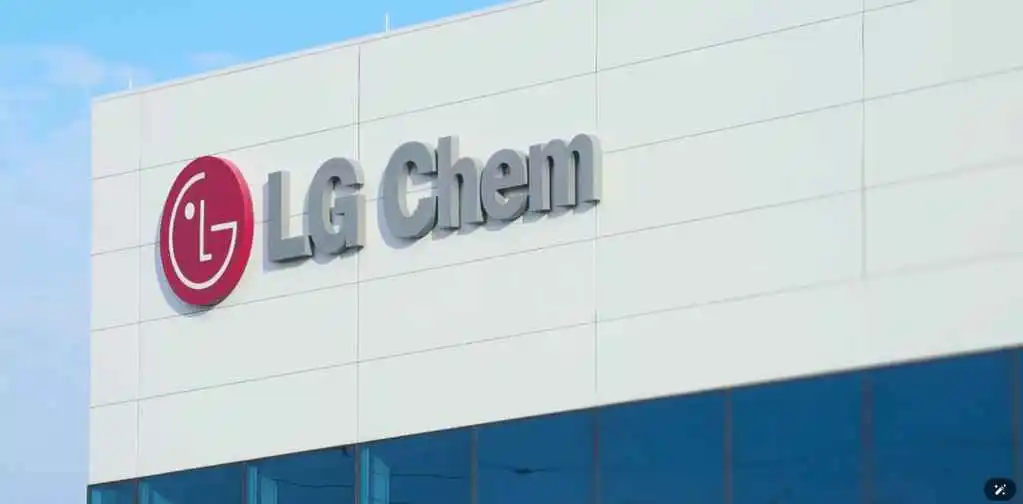LG Chem has announced the development of a material designed to suppress thermal runaway in malfunctioning lithium-ion batteries. This advancement comes from the company’s platform technology R&D team, with analysis provided by researchers at Pohang University of Science and Technology (POSTECH) in South Korea. Safety verification has been conducted by LG Energy Solution.
Lee Jong-gu, CTO of LG Chem, stated, “This is a tangible research achievement that can be applied to mass production in a short period of time. We will enhance safety technology to ensure customers can use electric vehicles with confidence and contribute to strengthening our competitiveness in the battery market.”
Lithium-ion batteries are widely utilized in various applications, including mobile phones, electric vehicles, and backup energy storage systems for data centers. However, when damaged, these batteries can enter a state of thermal runaway, which occurs when the cathode and anode make direct contact, leading to overheating and the release of combustible vapors. This phenomenon poses significant risks, including fire and explosion, and is a major contributor to electric vehicle fires, with several data center incidents also linked to lithium battery fires.
Follow us on Linkedin
To address these concerns, LG Chem has developed the Safety Reinforced Layer (SRL), a composite material that changes its electrical resistance as temperature rises. This property allows the SRL to function as a “fuse,” interrupting the flow of electricity when overheating begins.
The SRL is a thin layer, measuring just 1 micrometer thick—approximately 1/100th the thickness of a human hair—positioned between the cathode layer and the current collector in the battery. When temperatures exceed the normal range of 90°C to 130°C (194°F to 266°F), the material undergoes a molecular transformation that effectively suppresses current flow.
The SRL’s maximum resistance is over 1,000 times greater than its resistance at normal temperatures, and it exhibits reversibility, allowing resistance to decrease and current to flow normally again once temperatures return to safe levels.
Battery impact and penetration tests have shown that batteries equipped with the SRL either did not ignite or extinguished flames shortly after ignition, thereby preventing full thermal runaway events.
LG Chem has completed safety verification tests for the SRL in mobile batteries and plans to continue testing for large-capacity electric vehicle batteries through the coming year.


Leave a Reply